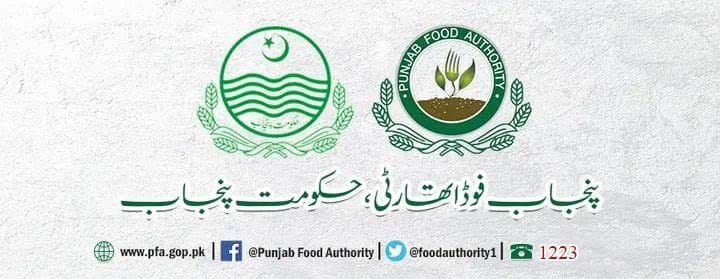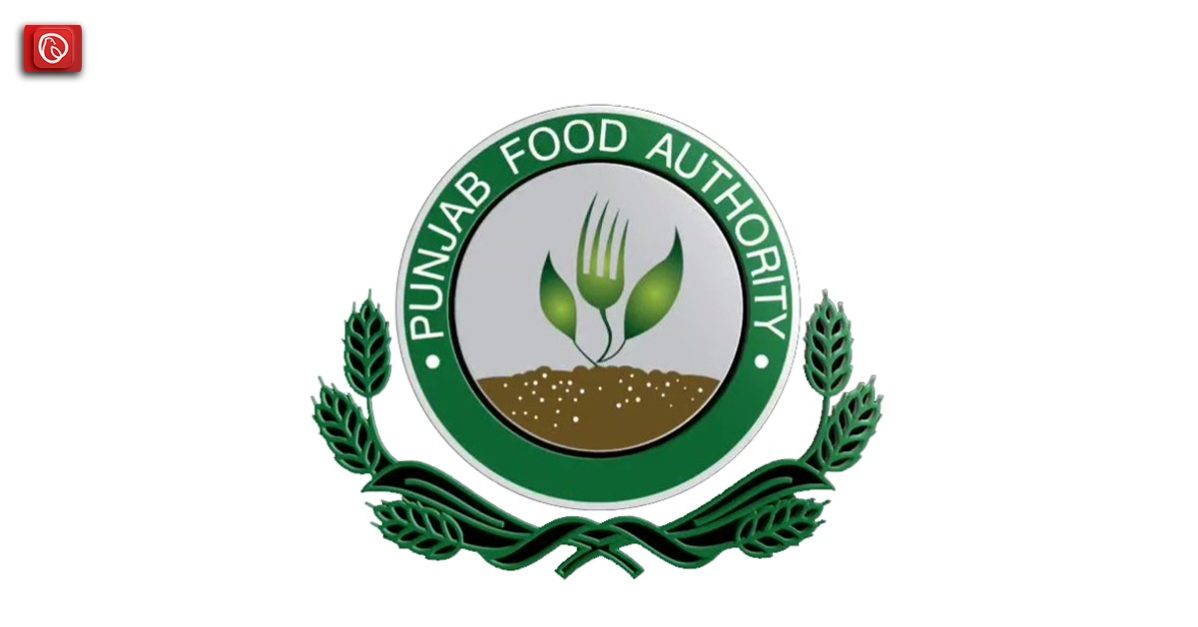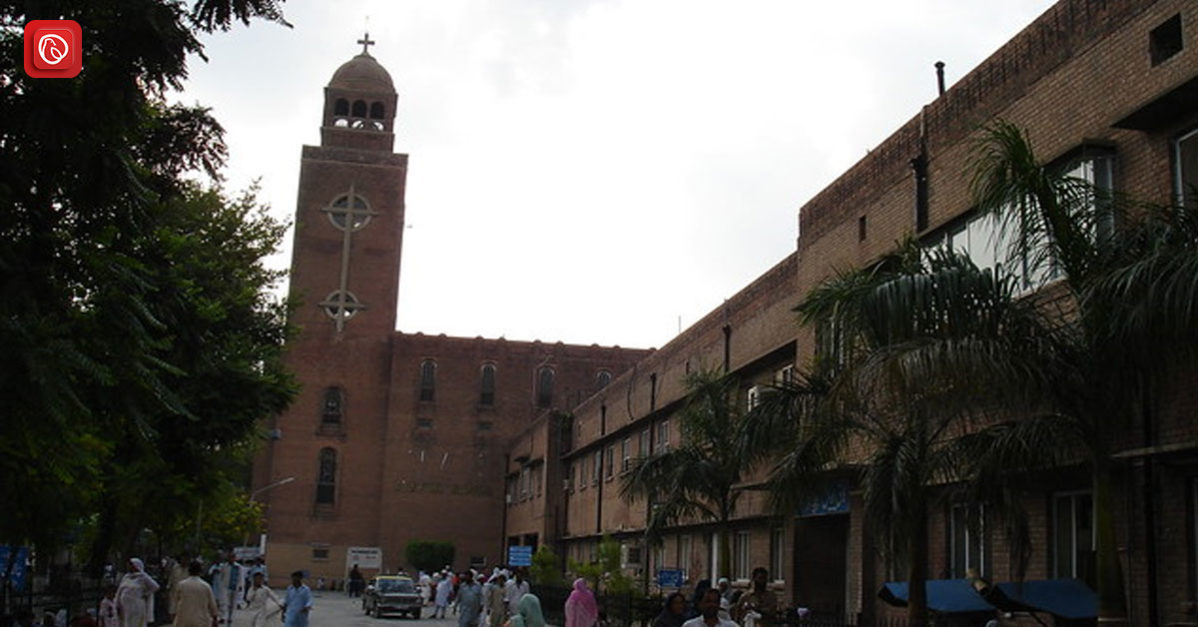The Punjab Food Authority (PFA) is an organisation under the management of the provincial government of Punjab, which aids in establishing provincial-wide standards for hygiene and food safety.
Graana.com gives a detailed overview of the Punjab Food Authority below, including instructions on how to obtain a food licence in Pakistan, how to file a complaint if you notice unsanitary conditions at a business and more.
About Punjab Food Authority

It was established in accordance with the Punjab Food Authority Act of 2011. PFA is the first organisation in Pakistan and the only food authority in Punjab to enforce the standards of food hygiene and safety per the Punjab Pure Food Rules 2011 and the Punjab Pure Food Regulations 2018.
It works to ensure that the food produced in the province is hygienic, free of contamination, and handled correctly throughout the supply chain.
PFA periodically inspects different food enterprises, with the frequency ranging according to the history of the business, its findings, and the level of risk the business poses to the consumers. However, when a licence is renewed each year, all food establishments are inspected at least once.
Responsibilities of the Punjab Food Authority
According to the 2011 Punjab Food Authority Act, the PFA has the following primary duties:
- To develop policies, procedures, standards, and licensing protocols for all aspects of the food industry, such as food labelling, food handling, adding additives, and other related topics
- To include all information on licensing, recalling processes, ban notices, improvement orders, and the potential for legal action in the event of a standard violation
- To plan and carry out training programs that inform food businesses about the requirements they must adhere to
- To actively monitor the province’s food business, including producers, retailers, importers, and any other related individuals, and ensure that they follow the established guidelines for food safety.
- To maintain the province’s standard for food quality and to enforce the laws and regulations
- To outline the steps and regulations involved in setting up food labs
- To conduct research and gather information for analysis of the food sector
- To authorise the export of products following quality testing
- To create food testing facilities for determining standards of quality
- To inform and counsel the public and the government about food safety and food hygiene
The main objective is to ensure that there are no lapses in food safety along the supply chain from producer to consumer while maintaining the quality and standard of the food.
Services Offered by PFA
Located in New Muslim Town, Lahore, PFA provides the following services:
Registration of Food Products
Before you launch your business as a food operator, you must first register with the Punjab Food Authority.
Training of Officers and Food Inspectors
Food service providers must be trained and made aware of the regulations that must be adhered to in order for the quality of their products to meet international standards. PFA also educates food handlers on safety and cleanliness to prevent the spread of disease through food.
After a brief registration, food handlers receive instruction in a variety of courses about the standards they must uphold, and those who meet the requirements are given certificates at the end of the training.
Food Licensing
According to the Punjab Food Authority Act of 2011, every food business needs a licence, which must be renewed each year. Without a licence, it is illegal to produce, sell, store, import, or distribute food.
This offence carries a maximum sentence of one year in prison and a mandatory minimum of three days in police custody. A fine of between 10,000 and 5 lakh Pakistani rupees must also be paid by the perpetrator.
Different Functions Carried Out by PFA
To control food quality in Punjab, the Facility Security Officers (FSOs) and Assistant Facility Security Officers (AFSOs) carry out the following duties:
- Adjusting food standards
- Food Surveillance
- Screening and testing food items
Adjusting Food Standards
Firstly, the PFA establishes the benchmarks by which food quality can be assessed across the province. The task involves conducting a thorough investigation of food products, as well as their production, storage, distribution, and sale, to establish how food handlers should handle them to retain the highest level of quality.
All food items and their criteria are covered in depth in the Punjab Pure Food Rules of 2011 and the Punjab Pure Food Regulations of 2018. Only after careful consideration, and with the assistance of a scientific panel with the appropriate expertise, are the criteria amended.
Food Surveillance
Another primary objective of food surveillance is to keep an eye on the food products that are produced and sold in the neighbourhood markets. The process originally started with training local vendors in personal hygiene, the value of prompt deliveries, the need for temperature-controlled environments, and the importance of proper labelling.
However, teams now typically carry out the process through a combination of food sampling, unforeseen raids, and even daily inspections, where they visit various firms involved in the production, processing, packaging, storage, and marketing of food.
The first step to enforcing food standards is to set timelines for fixing issues and issuing improvement notices to specific vendors. A scheduled follow-up visit is then conducted to check for improvements.
Authorities maintain standards through various enforcement measures, including imposing fines, prosecuting legally, confiscating products, closing businesses, and withdrawing products from the market if changes and improvements are not implemented in a timely manner.
Screening and Testing of Food Items
In order to examine food samples, the Punjab Food Authority has specialised food laboratories. They have a medical screening unit that examines the samples and the food handlers for food-transmitted diseases.
The lab-tested food products are basically classified into the following categories:
- Fat and Oil Section
- Fruits and Vegetable Section
- Dairy Section
- Cereals and Spices Section
- Beverages Section
- Water and Microbiology Section
How to Apply for a Food License
There are numerous ways to apply for your food licence if you are a food operator:
- Via PFA’s Website
- Calling a local PFA team to help
- Visiting a local PFA office
- Remotely through the official Android app
You will receive an SMS indicating a successful application process once you submit an application for a license. Then, a team will visit your company’s location to ensure that you are following hygiene and safety standards in accordance with the law. If you have fulfilled the necessary requirements, the FSOs will recommend issuing a license.
The licence cost will then be sent to you via SMS along with a Challan ID that must be paid at any Allied Bank branch within the following 15 days. Additionally, you will get an SMS verifying the transaction. Your licence will be printed once the fee has been received, and you can expect to receive it in the following 5 to 7 working days.
Since the licensing fee varies depending on the licence category, it is crucial to apply for the right one for your firm. Before submitting your application, look over all of the food licensing categories that are available.
How to Avail PFA’s Remote Services
Through its website and Android app, the Punjab Food Authority provides a wide range of digital services. You can register by entering your CNIC number and your mobile number.
Then, you will have the convenience of performing a number of tasks online, such as:
- Opting for medical screening
- Registering food products with the PFA
- Applying for a new food licence
- Enrolling in food safety training
- Finding PFA branches near your business
- Tracking the status of your licence
- Getting the latest news about the PFA
- Lodging complaints and feedback
How to File a Complaint With the PFA
The Punjab Food Authority encourages comments as well as complaints concerning subpar food safety and hygiene.
While you can file a complaint using the two digital channels mentioned above, you can also contact any of the following numbers.
- 0800-80500
- 0800-13505
- 0800-13525
Its offices currently operate in 36 cities in Pakistan, including Rawalpindi, Faisalabad, Gujranwala, Mianwali, Bahawalpur, and many more.
To read more about Gwadar Development Authority, visit Graana Blog.




